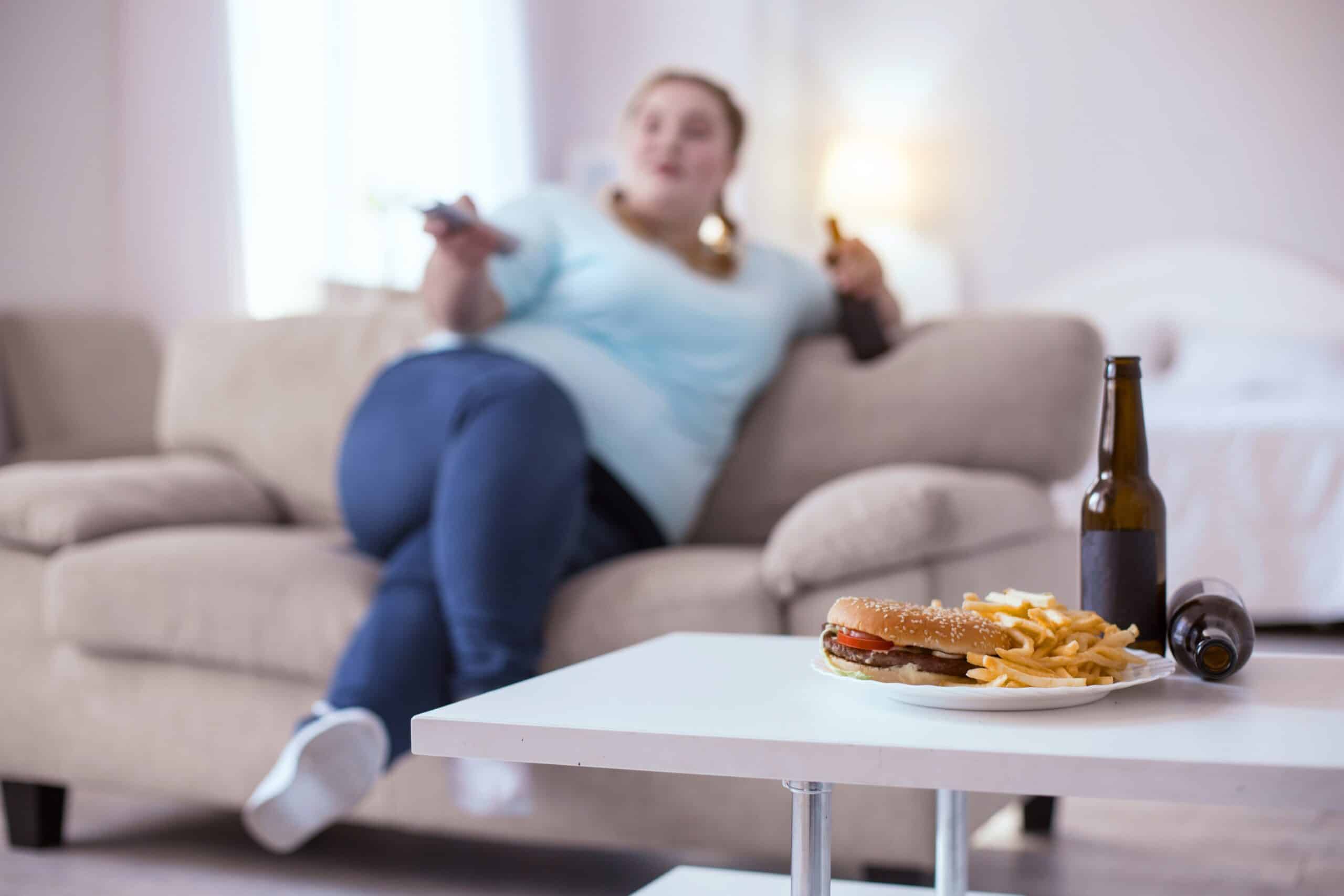Participants were divided by gender and age groups; researchers calculated the distribution of lifestyle factors that can increase the risk for cancer. Two exposure scenarios were created by the researchers and the collected data was applied to each possible situation.
Senario one operated on the premise of minimum risk exposure which speculated that all of the lifestyle factors had been removed from the population in one way or another. While scenario two involved plausible reductions in exposure risk that reviewed policy targets and official recommendation on cancer prevention.
Reduction rates that were more likely to take place in real life include the following reductions: a 10% reduction in drinking to less than 50 grams a day: a reduction of the mean BMI by 1 kilogram per square meter for each member of the population; daily consumption of dietary calcium ranging from 200-399 mg; and a 30% decrease in the use of cigarettes and other tobacco products.
Using the first scenario there was a 26.5% possibility of preventing all types of cancer in Brazil, and it appeared to be possible to avoid 33.6% of all deaths caused by cancers; and using scenario two going by real life policies and advisories it was possible to prevent 4.5% of all cancers and 6.1% of all cancer related deaths.
Smoking, drinking alcohol, being overweight, an unhealthy diet, and physical inactivity were identified as being the 5 top lifestyle factors for cancer. Smoking tobacco products accounts for the most cases of deaths; high BMI and alcohol consumption follow closely behind taking second and third place.
Around the globe cancer is one of the biggest causes of death, and in Brazil alone, W.H.O predicts that the amount of cancer cases will increase 50% by the year 2050. Most of these cases will stem from population increase and the aging population; managing the cancer rate in Brazil also faces the challenges of more citizens adapting unhealthy lifestyles.
Research suggests that if people start making healthier lifestyle choices they may be able to reduce the risk of developing cancer and dying from it by up to 50%; abstinence from smoking and alcohol, eating healthy foods like fruit, vegetables, and whole grains while being physically active and exercising can all help to fight cancer.




